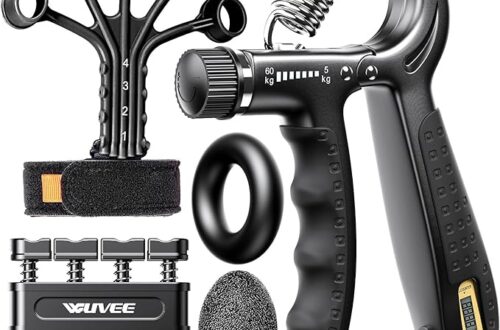Occupational therapy assessment tools for stroke patients are designed to evaluate various functional capacities and cognitive abilities to guide treatment planning. Here are some commonly used tools:
- Functional Capacity and Activities of Daily Living: The Canadian Stroke Best Practices suggest tools like the Barthel Index and the Functional Independence Measure to assess daily living activities [2].
- Cognitive Assessments: The Loewenstein Occupational Therapy Cognitive Assessment (LOTCA) is a comprehensive tool used to evaluate a stroke patient’s cognitive abilities [4, 6].
- Visual Perception: Tools like the Motor-Free Visual Perception Test (MVPT) assess visual perceptual skills without requiring motor involvement, which is critical for patients with motor deficits post-stroke [4].
- Posture and Mobility: The Postural Assessment Scale for Stroke Patients (PASS) is specifically designed to assess the postural abilities of stroke survivors to determine their mobility levels and balance [6].
These tools are essential in creating a targeted and effective occupational therapy regimen tailored to the specific recovery needs of stroke patients.




